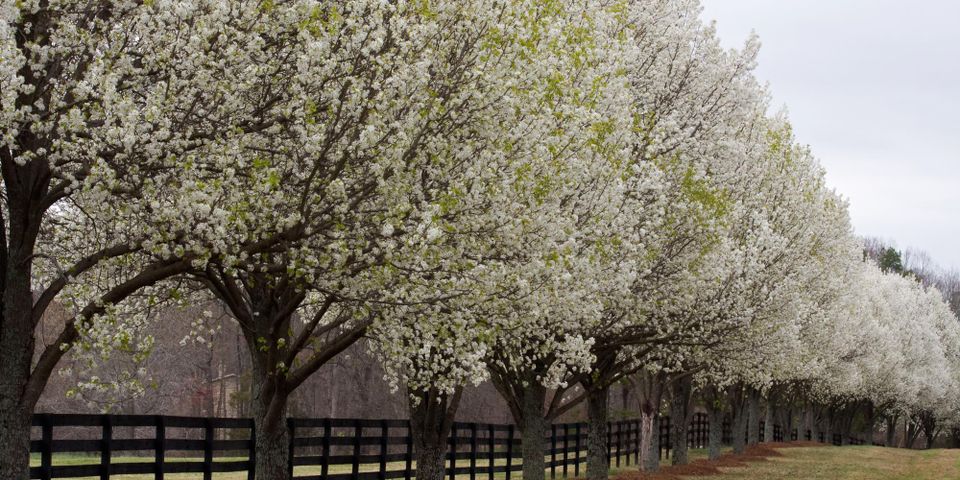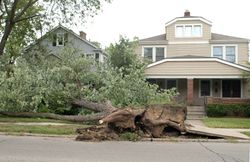A Guide to Why Bradford Pear Trees Are Problematic

Bradford pear trees are a staple of many southern states, including North and South Carolina. However, these invasive trees have been likened to Frankenstein's monster when it comes to their unintended effects. Here’s how to tell if you’re “cursed” with the Bradford pear tree and how tree removal can help you deal with it.
How to Identify Bradford Pear Trees
Perhaps one of the few upsides to this species of tree is its aesthetic qualities. Bradford pears gained popularity thanks to their vibrant coloring characterized by brilliant, reddish-purple hues in the fall and blooming white flowers in the spring.
However, this tree was thought to be sterile and was not perceived as a threat to native species. The assumption was quickly discovered to be wrong, as Bradford pears eventually spread just about everywhere they were planted.
Why It’s Best to Avoid Bradford Pears
Along with their invasive nature, Bradford pears are notoriously smelly. Their scent has been described as off-putting for anyone within smelling distance of their blooms.
 The structural stability of Bradford pear trees is another issue. The crotch-angle on the limbs of Bradford pears is extremely narrow, making them susceptible to high winds and rainstorms. When these trees are on your property, you may face a higher risk of liability issues. From an aesthetic perspective, bent and broken limbs make your property look unkempt.
The structural stability of Bradford pear trees is another issue. The crotch-angle on the limbs of Bradford pears is extremely narrow, making them susceptible to high winds and rainstorms. When these trees are on your property, you may face a higher risk of liability issues. From an aesthetic perspective, bent and broken limbs make your property look unkempt.
What to Do if You Have One on Your Property
Tree removal is recommended for Bradford trees exhibiting stability issues. Any stumps left behind should also be removed. This is because remaining tree roots from Bradford pears can regenerate if left in the soil, which will eventually lead to the same ill effects.
Whether you need tree removal service or simple trimming, working with a skilled company is a must. Arbor Masters Tree Service in Summerfield, NC, has more than 30 years of experience pruning and removing trees with their state-of-the-art equipment. They can deftly identify issues with your trees, while also taking the proper steps to ensure they thrive. Call (336) 643-9157 to schedule a consultation, or visit them online for a complete list of services.
About the Business
Have a question? Ask the experts!
Send your question

